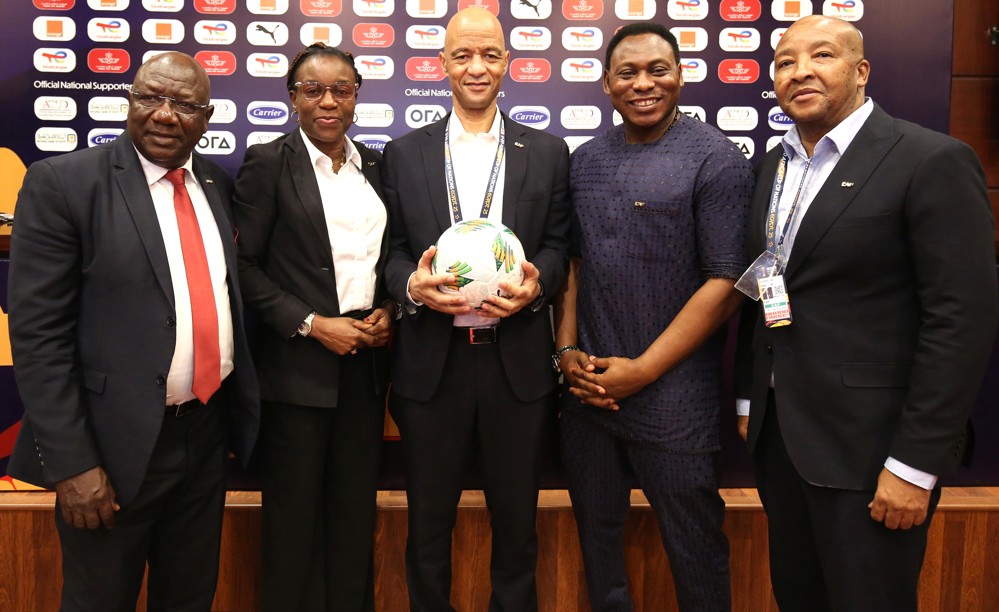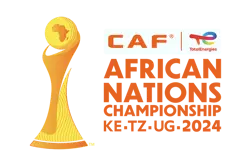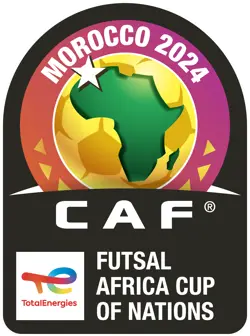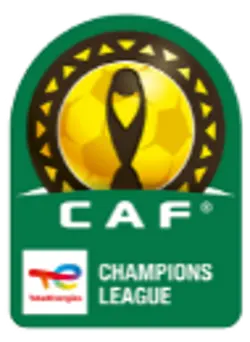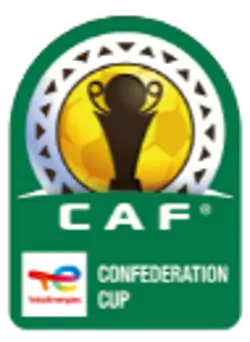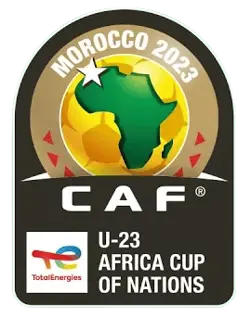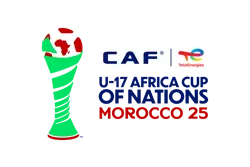Experts praise African youth football's tactical maturity and coaching evolution
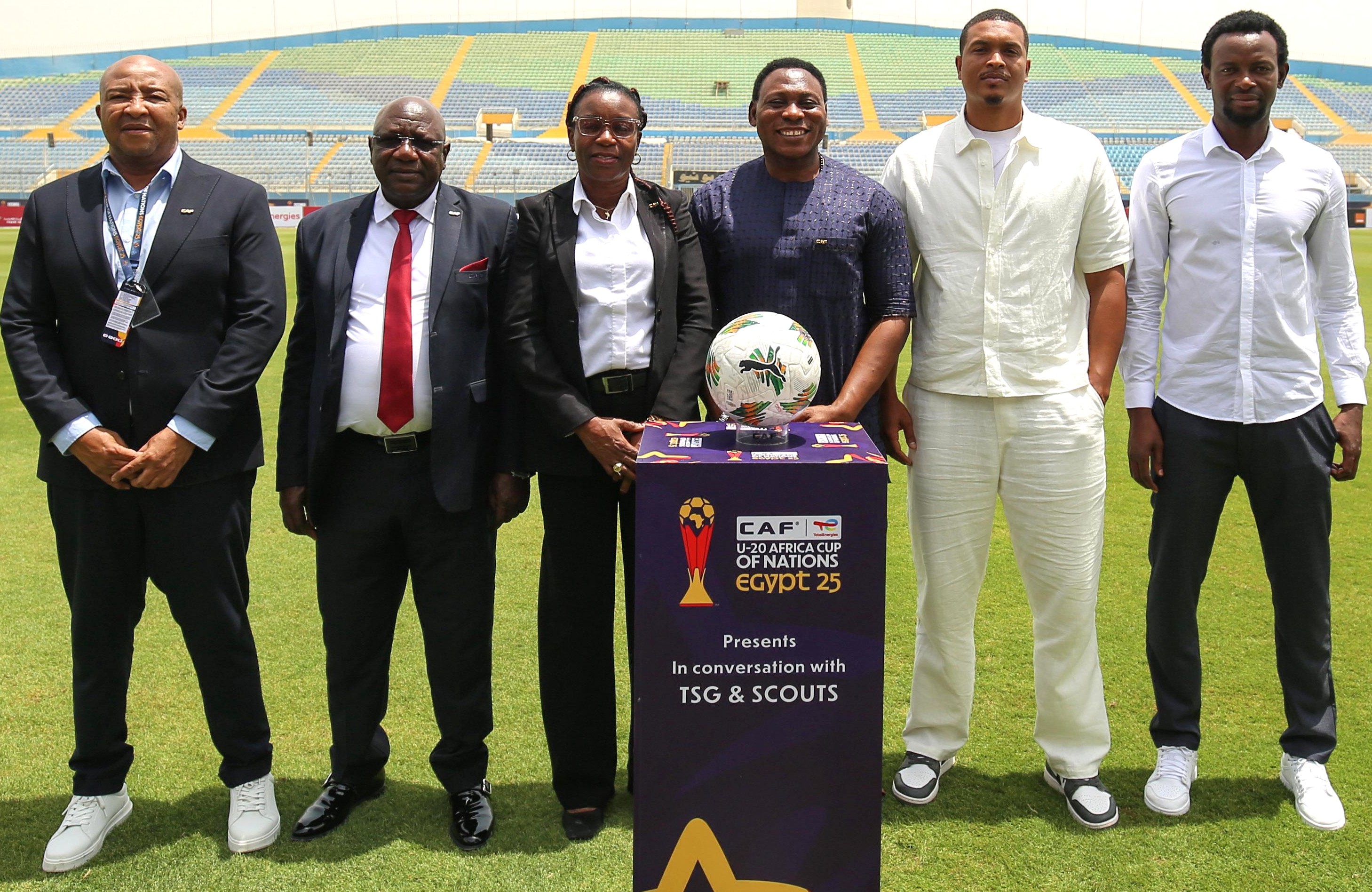
As Morocco and South Africa prepare for Sunday’s final of the TotalEnergies CAF U-20 Africa Cup of Nations in Egypt, five technical experts and international scouts attending the tournament say Africa’s football is not just growing — it has already evolved significantly.
For the respected members of the CAF Technical Study Group (TSG) and global scouts who have followed the tournament closely, the competition has not only revealed future stars but also highlighted how far African youth football has matured tactically and mentally.
“People often say African football is growing, but I always tell them it has already grown,” said Daniel Amokachi, former Nigerian international and TSG member said when they met the media to reveal their findings at the competition being played in Egypt.
“If it hadn’t, we wouldn’t have so many top African players competing all over the world.”
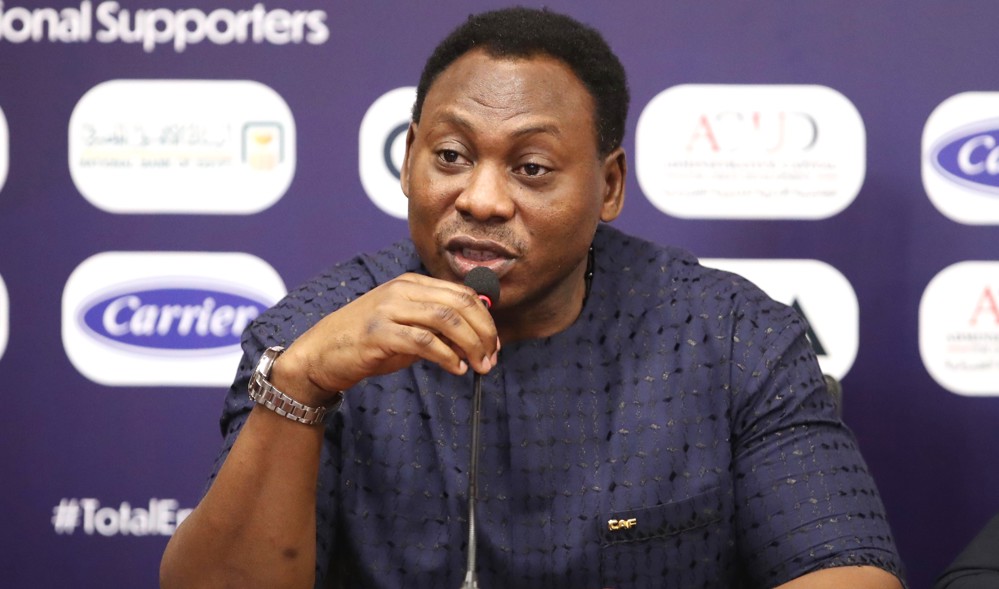
That belief is at the heart of the buzz surrounding Sunday’s final. The tournament has shown a clear shift in how African youth teams approach the game — from tactics to discipline to coaching behaviour on the touchline.
Amokachi, a former Everton striker who is also a trained coach, said one of the standout signs of progress is the composure of the coaches.
“In the past, young African coaches would bark instructions non-stop. I’ve been there myself — shouting from the touchline,” he recalled.
“But now, even when teams are behind, coaches stay composed. They communicate with clarity and confidence. That’s a major step forward.”
It is not just about coaching demeanor — on the pitch, tactical evolution has also been evident.
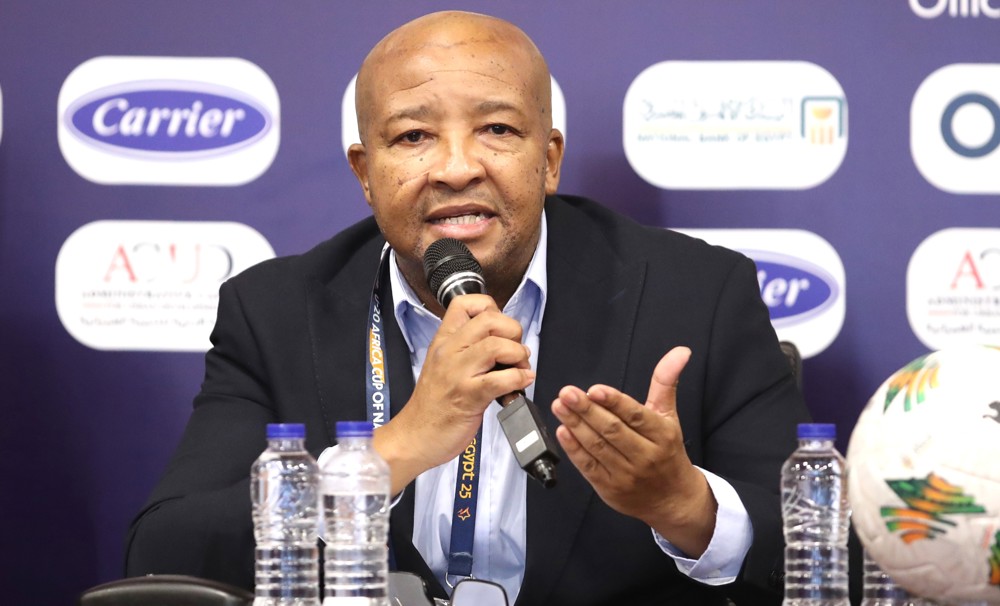
Walter Steenbok, a former Technical Director at the South African Football Association and a TSG member, noted that most of the tournament’s decisive moments — goals, assists, and chances — have come from wide areas. But there’s nuance in how teams are now exploiting those flanks.
“We’re seeing many players now play on the opposite wings — like right-footed players on the left — and cutting inside to shoot or link up,” Steenbok observed.
“There’s also great discipline. Even when trailing, players stick to tactical plans and don’t panic.”
That mental strength has been exemplified by both Morocco and South Africa — two teams that have navigated tricky matches with consistency, structure, and cool heads.
Morocco have been defensively resolute and disciplined, conceding just once in open play, while South Africa’s progression — including a tight 1-0 semi-final win over Nigeria — was built on tactical discipline and smart transitions.
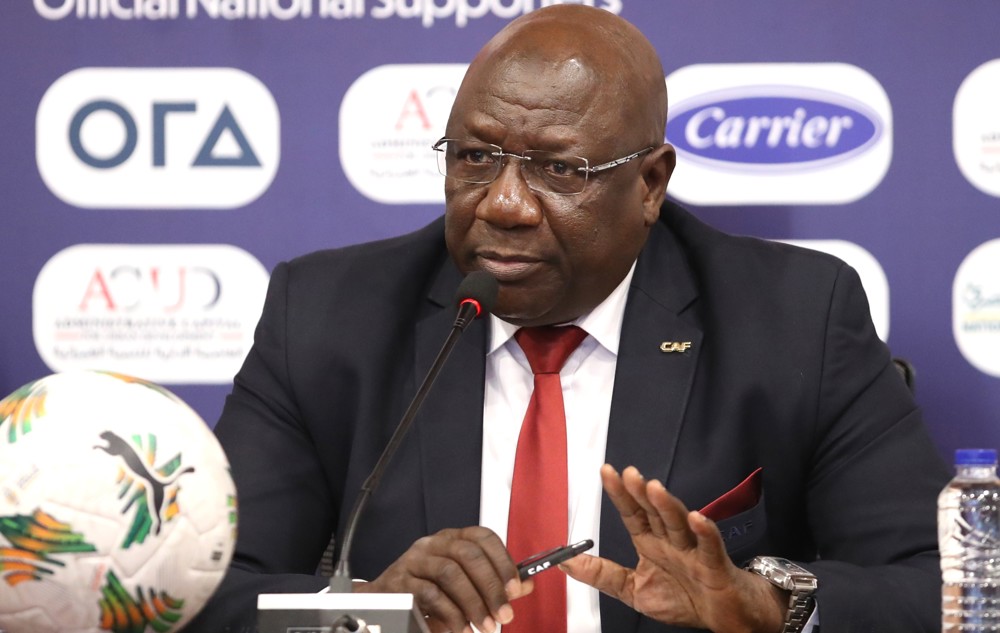
“Adaptability is one of the hallmarks of this generation,” said Mohamed Magassouba, a long-serving coach who previously led teams in Mali and DR Congo.
“Teams are now switching styles during games, adjusting formations, and managing tempo. This reflects quality coaching and strong youth training structures.”
Magassouba believes Africa is now producing tactically aware players whose understanding of the game mirrors that of their counterparts in Europe and South America.
“You see teams whose structures resemble what we see in Brazil or Europe,” he added. “African youth football is on the right path — there’s no doubt about it.”
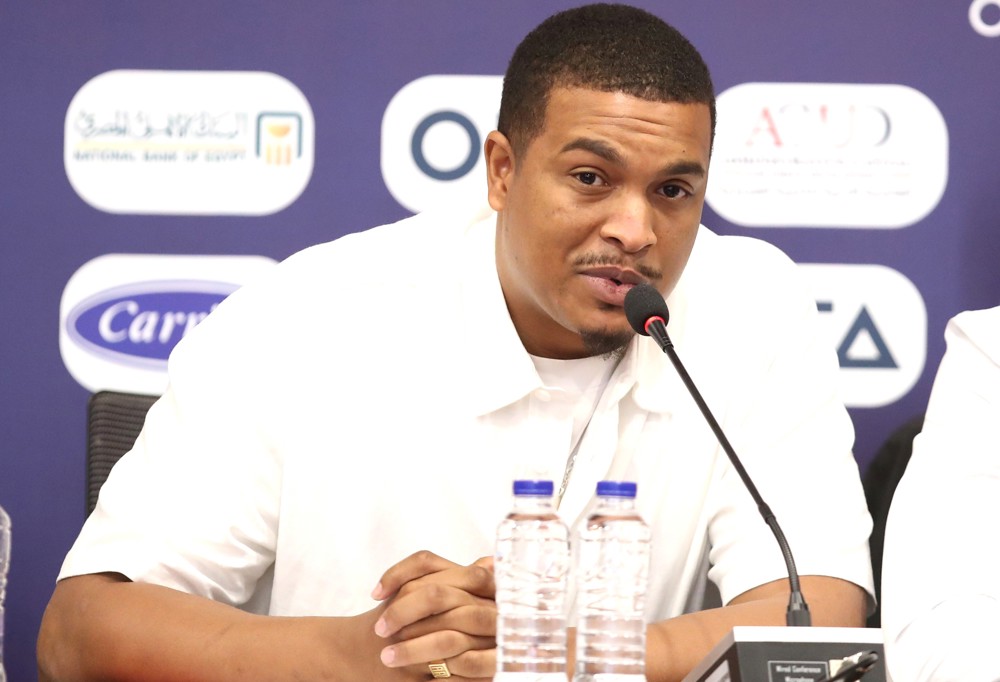
The Technical Study Group’s conclusions were supported by international scouts like Romain Albaric from FC Sion in Switzerland, who highlighted the growing quality at grassroots levels.
“The development gap is closing. In places like Ghana, Senegal, and Côte d'Ivoire, academies are producing players ready for Europe much quicker than before,” Albaric said.
“The progress is real. It’s impressive.”
For Bennard Yao Kumordzi, who scouts for Belgian side K.R.C. Genk, what stood out most was how close the technical level of play is becoming between Africa and Europe.
“Some teams here tried to play direct, and though they didn’t always deal with the second balls as we would in Europe, the gap is smaller than people think,” he said.
“We definitely saw players who could take the next step and succeed in top leagues.”
The scouts also praised individual talents, though they were cautious — noting that clubs like Genk and Sion have very high standards.
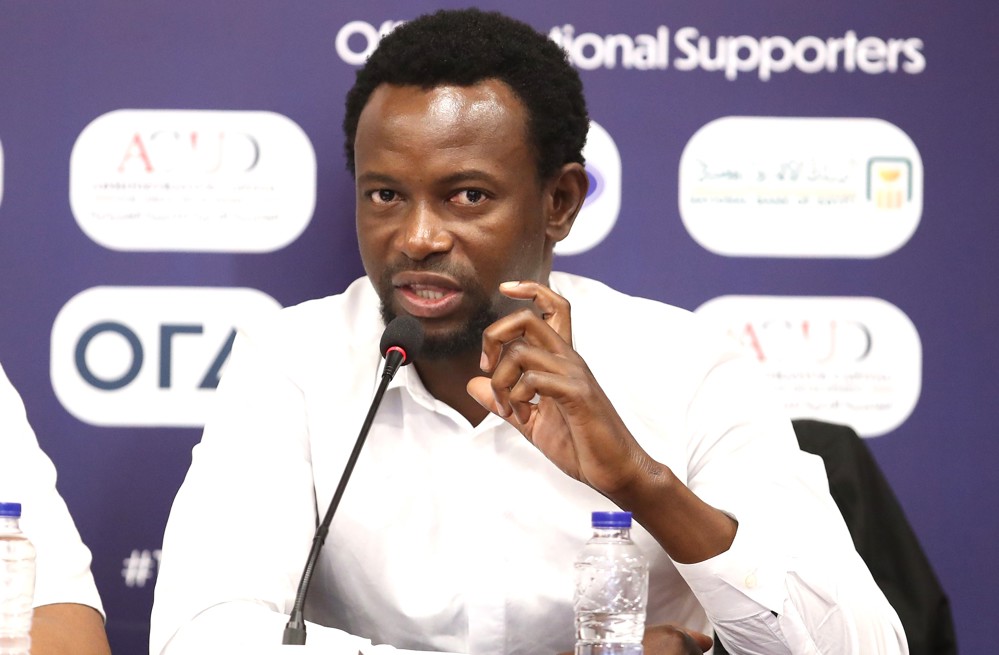
But with South Africa and Morocco set to battle for continental glory, the bigger picture of this tournament is perhaps its role in shaping a new identity for African football — one that blends natural flair with tactical precision, emotional control, and global readiness.
“Finishing still needs work — it’s a weakness across the continent,” Amokachi noted.
“But the key is creating chances. Once the chances are there, the goals will come. And in this tournament, we’ve seen plenty of chances.”
As the curtain prepares to fall on the 2025 edition of the CAF U-20 AFCON, there is an unmistakable sense that African football’s future is not just bright — it is already lighting up the present.
